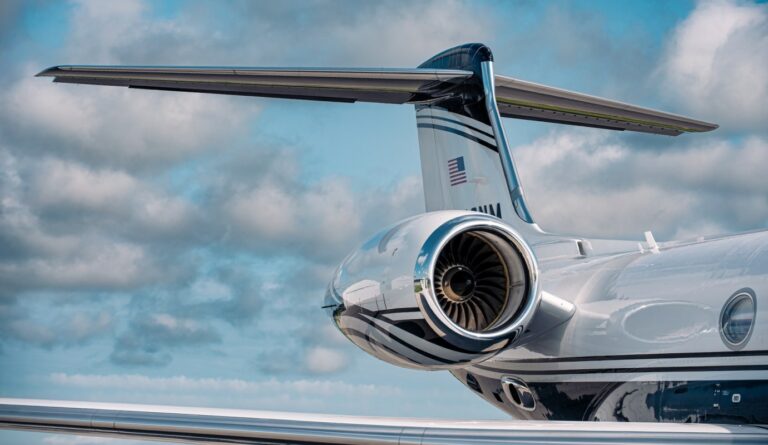A Louisiana insurance company CEO has come under scrutiny for using a private jet every two days, a practice highlighted by state Sen. Jay Luneau during a Senate Judiciary Committee meeting. The concern was that the costs of these flights could be passed on to Louisianans if they were written off as business expenses. Although the state’s insurance commissioner noted that the practice was legal, Luneau questioned its propriety given the recent significant insurance rate hikes in the state. “There’s nothing wrong with making money,” Luneau said, “but when insurance rates have gone up so much and they’re so difficult for people to contend with in Louisiana, we have to look at everything.” The issue gained traction, leading to the passage of a bill granting the insurance commissioner authority to limit insurance rate increases regardless of market forces.
The frequent use of private jets by the insurance CEO also raises environmental concerns. Private jets are known to be a significant contributor to atmospheric pollution due to their low occupancy rates and short travel times. This is particularly ironic given that insurance companies, including the one in question, have been dealing with the financial fallout of climate-related risks, such as increased home insurance premiums due to rising climate-related damages. Atmospheric pollution contributes to various environmental issues, including destructive weather patterns, melting polar ice caps, rising sea levels, droughts, floods, ocean acidification, and global warming.
Luneau expressed his skepticism about the necessity of such frequent private jet travel, stating, “Jet airplanes are very expensive to operate, and that’s not a long distance to drive. I couldn’t understand why they were operating that plane in that manner.” The new legislation in Louisiana aims to hold insurance executives more accountable, a step in the right direction according to environmental advocates. Other jurisdictions, like France and soon Spain, have taken a different approach by banning short-haul domestic flights to encourage train travel, highlighting various strategies to address environmental concerns.



